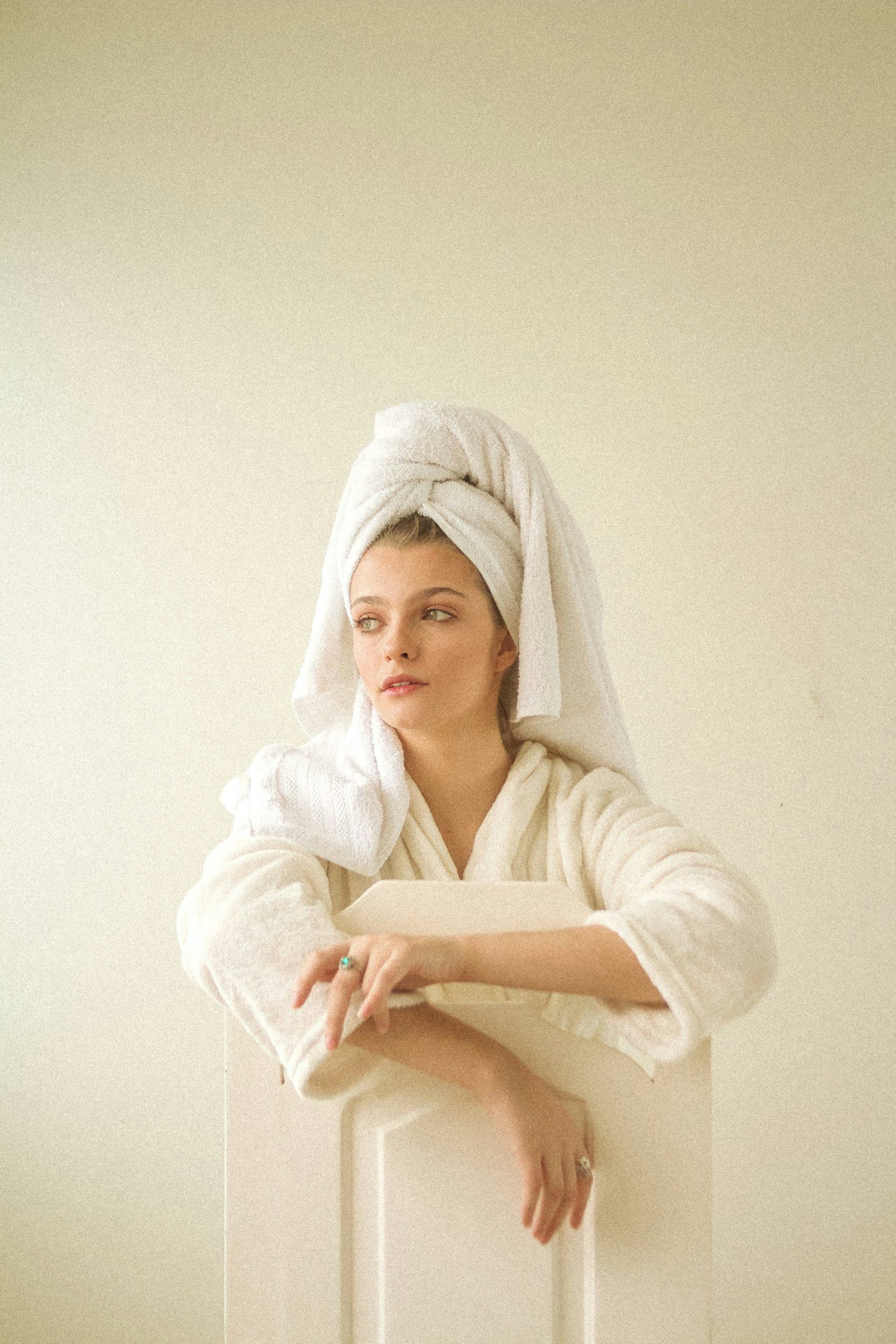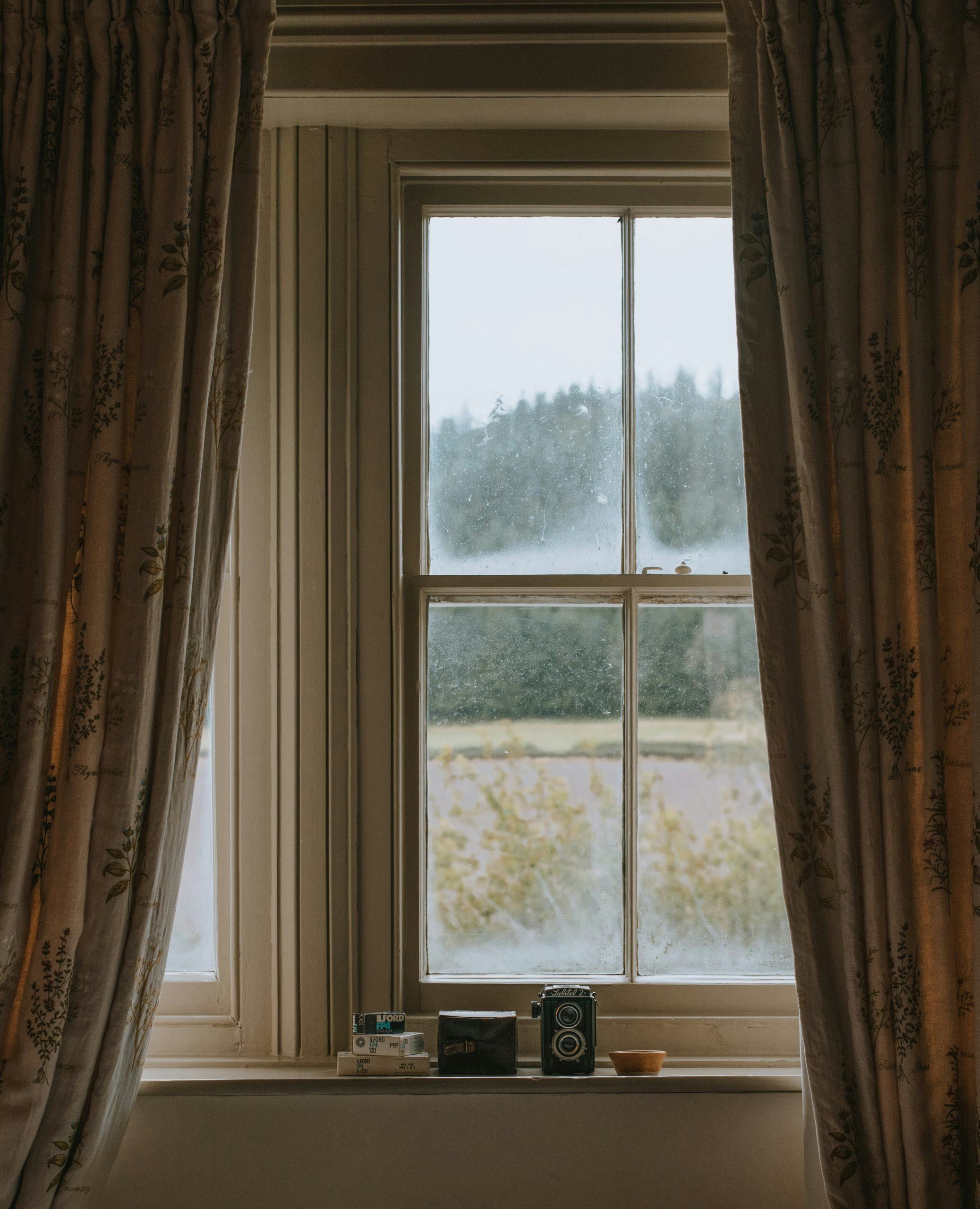My friends know me as ‘Jen’, but marketing agencies know me as ‘a mid-20s American woman.’ I am the target demographic for those shilling self-care products, and I am bombarded with ads for them constantly. If they knew me a little better, though, they might realize that no essential oil diffuser in the world could calm these ever-fraught nerves, and even if it could, I wouldn’t be able to afford it.
The term ‘self-care’ took off in the late 2010s as a means to combat the growing trend of burnout. At the heart of the concept was self preservation. It wasn’t about fixing your problems, it was about coping with them: “Your life sucks. Treat yourself to 10 minutes of meditation, or a manicure!”
Newsletters and blogs devoted to self-care started springing up. The faces of stylish, beautiful women in the bylines tell us in gentle, feminine tones that we should buy that sponsored eucalyptus candle or vegan yoga mat as if that will satisfy our growing desperation for peace.
Search the hashtag #selfcare on Instagram, for instance. In between pastel graphics featuring inspirational quotes, you’re bound to find numerous product posts: alternative medicine, moisturizers, crystals, throw pillows, detoxifying teas and low-calorie ice creams. “We can make you feel a little better,” the brands promise, “for a price.”
After a year filled with fear, loss, sickness, change, and uncertainty, the need to address my own physical and mental wellbeing reached an all-time high. I wasn’t happy, and I could no longer believe the lie, “If I can just get through this week, my schedule will start clearing up.” I realized I too had a need for self-care, but the online discussion around it felt less like a resource and more like a marketplace oversaturated with overpriced hokum.
Self-care may have started out as a good faith movement for combating burnout, but it has grown into a $450 billion industry that preys upon those who are burnt out. But if life is so hard for so many people, imagine how much harder it must be for those who can’t afford to pamper ourselves with $100 facials? Aren’t they, too, deserving of self-care? And if so, where does it leave them?
Maybe we shouldn’t be listening to the marketers who tell us that we are too old, too ugly, or too imperfect, and that we need to be fixed. Maybe we should listen to ourselves instead.
Should we purchase blue light glasses to protect our eyes from the excessive screen time, or should we quit scrolling our timelines? Should we download a freemium meditation app, or should we take a walk outside? Are we practicing self-care, or have we lost our sense of self?
One evening recently, I was feeling particularly exhausted. All I wanted to do was sit on my sofa and pretend that I did not exist. When I, shoeless, stepped on a spill on the floor, I seriously considered returning to the couch with dirty bare feet. Instead, I forced myself to go to the tub and wash them. It sounds odd, but the quiet and solitary act of washing my own feet felt incredibly therapeutic. It occurred to me that maybe what I was doing was, technically, self-care.
When reflecting more on the concept, I realized I’d been framing it the wrong way – starting with the very term. I began to put intention not into ‘self-care’, but ‘taking care of myself.’ Simply by making it an active phrase rather than an ambiguous term, it instantly became less like an impulsive purchase or an elitist indulgence and more like a necessity.
It is a mantra. When I feel a sense of dread sweeping over me at the thought of doing the laundry, or flossing my teeth, or responding to an email, I now think: “By doing this, I am taking care of myself.” It doesn’t necessarily make these tasks enjoyable, but it does give me a sense of mindfulness.
While self-care is a reactionary measure, taking care of myself is a lifestyle. I no longer make to-do lists for the day, where work deadlines are prioritized above all else. Instead, I make a schedule that incorporates an even mixture of chores, work and self. Lunch breaks are just as important as a mandatory Zoom call. My career will not end if I opt to take a 20-minute walk over a doom-scroll through my inbox – and if that was actually a possibility, would I really want that career?
I challenge you to stop thinking that life is inevitably stressful and that your only option is to take the occasional vacation or book a quarterly massage to patch up your feelings of burnout. You can still book that yoga retreat or buy that candle if you can afford it, but you should think of those purchases as treats, not band-aids. Your wellbeing is not a commodity. Take care of yourself.
Jen Ashley is a writer living in Charleston, South Carolina who seeks to find the humor and humanity in all things. Yes, Ashley is her last name.
Discover more from Jen Ashley .









